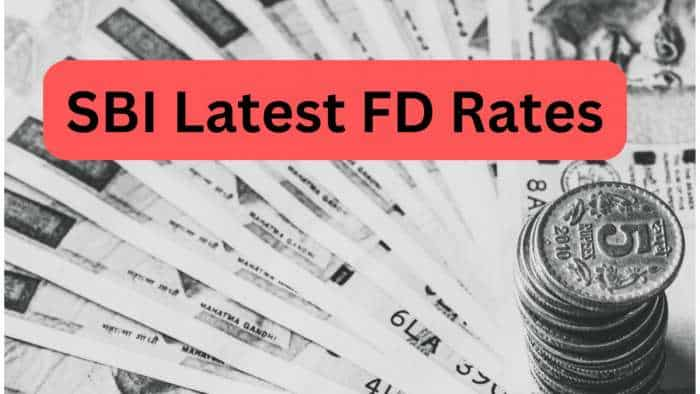Sebi to introduce centralised mechanism for verification in case of demise of investors from January 1
Sebi said that listed companies wishing to provide beneficial access to such a centralized mechanism to their investors holding securities in physical form can establish connectivity with KRA through their RTAs.
)
The Securities and Exchange Board of India (SEBI) on Tuesday announced a centralised mechanism for reporting and verification through the KYC Registration Agency in case of the demise of an investor. The capital markets regulator has also put in place operational norms, including the obligations of regulated entities and registered intermediaries that have interfaces with investors or account holders who are natural persons.
As per SEBI's official release, the new framework pertaining to the mechanism for verification in case of demise of investors will come into effect from January 1, 2024.
Sebi said that listed companies wishing to provide beneficial access to such a centralized mechanism to their investors holding securities in physical form can establish connectivity with KRA through their RTAs.
How will the mechanicsm work?
After receiving intimation about the demise of an investor, the concerned intermediary will have to obtain the death certificate along with the PAN from the notifier or nominee and verify the death certificate through online or offline mode.
If the concerned intermediary, after receiving information about the demise of the investor from the notifier or nominee, is not in a position to obtain the death certificate, then it will have to inform the nominee that the KYC status of the deceased investor has been flagged off as "On Hold" and require them to furnish the death certificate of the concerned investor.
After verification of the death certificate, the concerned intermediary will have to, on the same day of verification, submit a KYC modification request to the KRA that "information on death of investor received; death certificate verified" and also upload the relevant documents. Besides, the intermediary will have to block all debit transactions in the account or folios of the deceased investor.
In case the death certificate is not received, the concerned intermediary will have to, by the next working day of the intimation, submit a KYC modification request in the KRA system -- "information on death of investor received; confirmation awaited".
Spelling out the obligations of the KRA, Sebi said that KRA, following the receipt of a KYC modification request from the intermediary will carry out an independent verification by the next working day of receipt of such request.
Following the validation of the death certificate, the KRA will have to update the KYC record as 'blocked permanently' in the system and intimate this updation to all linked intermediaries.
In order to have uniformity for operationalising the mechanism, Sebi asked stock exchanges, depositories and industry associations like the Association of Mutual Funds in India (AMFI), Registrars Association of India (RAIN), in consultation with stakeholders, including KRAs, to put in place common SOP (Standard Operating Procedures). The SOP will be made available on their websites as well as that of the intermediaries.
(With Agency Inputs)
Get Latest Business News, Stock Market Updates and Videos; Check your tax outgo through Income Tax Calculator and save money through our Personal Finance coverage. Check Business Breaking News Live on Zee Business Twitter and Facebook. Subscribe on YouTube.
RECOMMENDED STORIES

Largecap, Midcap Stocks To Buy: Analysts recommend buying L&T, Tata Motors, 3 other stocks for 2 weeks; check targets

Power of Rs 15,000 SIP: How long it will take to achieve Rs 7 crore corpus? See calculations to know

SBI Latest FD Rates: PSU bank pays these returns to senior citizens and other depositors on 1-year, 3-year and 5-year fixed deposits

Largecap PSU Stock for 65% Gain in New Year: Anil Singhvi picks PSU bank for long term; know reasons and target prices
11:18 PM IST










 Sebi introduces Mutual Funds Lite framework to boost passive fund schemes
Sebi introduces Mutual Funds Lite framework to boost passive fund schemes Not obligatory for platforms to be registered with SEBI; board clarifies on specified digital platforms
Not obligatory for platforms to be registered with SEBI; board clarifies on specified digital platforms Emerging India Focus Funds pays Rs 64 lakh to settle FPIs violation case with Sebi
Emerging India Focus Funds pays Rs 64 lakh to settle FPIs violation case with Sebi  Sebi mulls allowing only electronic mode for payment of dividend, interest
Sebi mulls allowing only electronic mode for payment of dividend, interest  Sebi bars Axis Capital from taking new debt merchant banking assignments
Sebi bars Axis Capital from taking new debt merchant banking assignments